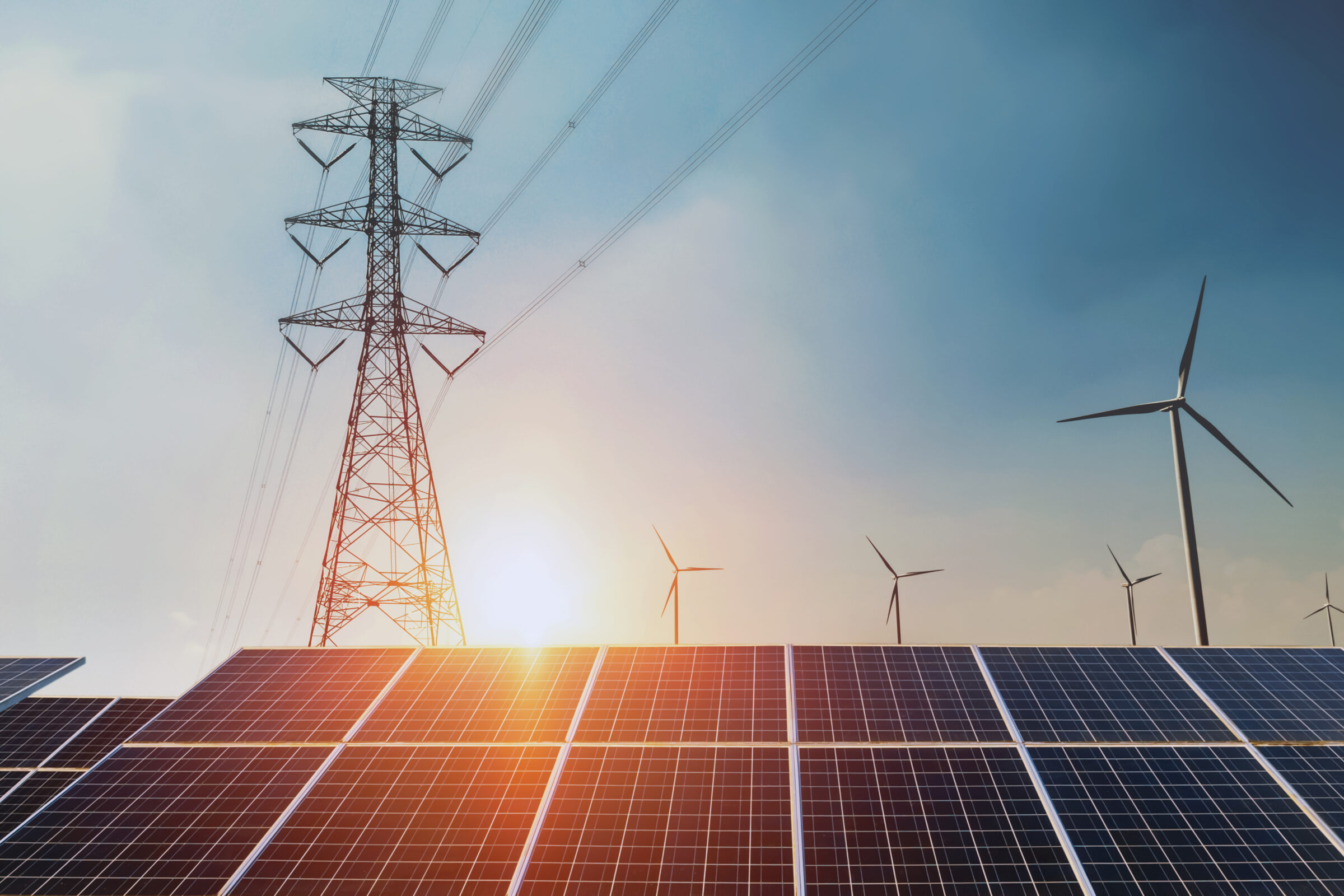ACORE Letters in Support of California Legislation Regarding Clean Energy Investment Incentives
The American Council on Renewable Energy (ACORE) strongly supports SB 1191, legislation now pending before your committee that would allow California to take full advantage of the substantial clean energy investment incentives made available with the enactment of the federal Inflation Reduction Act (IRA, P.L. 117-169) in 2022. We urge the committee’s favorable consideration and the bill’s swift passage.
ACORE is a 501(c)(3) national nonprofit organization that unites finance, policy, and technology to accelerate the transition to a carbon-free energy economy. ACORE’s membership spans the entire energy value chain including clean energy developers, institutional investors, corporate buyers of clean energy and environmental attributes associated therewithin, manufacturers, electric power generators, retail energy providers, and other stakeholders.
ACORE member companies collectively hold $24.7 trillion in assets. In 2023, roughly 85 percent of the booming utility-scale U.S. renewable growth was financed, developed, owned, or contracted for by ACORE members.
The IRA, along with the Bipartisan Infrastructure Law, enacted in 2021, and other recent federal actions, have provided strong support for the clean energy transition that is helping to drive capital allocation across the private sector. These federal policies present a generational opportunity for the U.S. to lead on innovation and technology, to strengthen our national security, and to promote just, equitable, and broad-based economic growth. Every state and community stands to benefit, and as ACORE members can attest, these investments are already supporting substantial progress in creating jobs and economic opportunities.
Importantly, many western states have already moved to align the state tax code with the IRA’s direct pay and transferability provisions. Enacting SB 1191’s conformity with the federal provisions that allow for direct payment of credits to certain taxpayers (Internal Revenue Code (IRC) §6417) and for the transfer of tax credits to other taxpayers (IRC §6418) – whereby the payment received is not included in the seller’s gross income and may not be deducted by the purchaser –will help California continue to meet its climate and clean energy goals while creating new jobs and economic opportunities across the state.
California Investment Progress
California is at the forefront of national efforts to expand the clean energy economy. According to the American Clean Power Association, private investment in the state’s wind, solar, and energy storage projects has reached $78 billion, and the continued growth of the sector supports over $280.7 million in property, state, and local taxes annually.1 Since 2021, investments in California’s clean energy economy are substantial with private sector announcements totaling approximately $18 billion in clean power generation projects, $7 billion in clean energy and manufacturing and infrastructure, and $6 billion in electric vehicles and batteries.2
Clean energy also presents an opportunity for new job creation and attendant tax revenues. The most recent U.S. Energy and Employment Report from the U.S. Department of Energy (DOE) found that the state added 13,000 jobs in the clean energy sector, making California the top state in the nation for clean energy job growth.3 According to projections by the DOE’s National Renewable Energy Laboratory, California’s clean energy sector – specifically solar, wind, battery storage, and energy efficiency – stands to produce approximately 243,000-380,000 new jobs by 2030.4
SB 1191 Needed to Sustain Progress
While California is one of the top states for clean energy generation,5 to meet its goal of 100 percent clean energy by 2045, the State will need to build 148,000 MW of new clean power.6 This transition to a carbon-free energy economy provides California with even more economic opportunities, new business formations, and broad-based job creation that will generate tax revenue and support millions of California families and their communities. However, meeting California’s clean power goals and realizing the promise of the clean energy transition will require substantial and sustained investment, particularly from the private sector.
Enactment of SB 1191 will ensure that California can continue to attract private sector investment and sustain the progress made to date by taking full advantage of the substantial tax incentives available under the IRA.
Thank you to the Committee for its leadership on these critical issues. Should you have any questions, please contact Jeremy Horan, Vice President for Government Affairs, ACORE, at: horan@acore.org.
Sincerely,
Ray Long
President and Chief Executive Officer
American Council on Renewable Energy
1150 Connecticut Ave NW, Suite 401
Washington, D.C. 20036
1 Renewable Energy in the United States Fact Sheets | ACP (cleanpower.org)
2 Investing In America | The White House
3 U.S. Energy & Employment Jobs Report (USEER) | Department of Energy
4 California’s Clean Energy Jobs Potential Through 2030 (nrel.gov)
5 U.S. Energy Information Administration – EIA – Independent Statistics and Analysis
6 Governor Newsom Updates the Roadmap to California’s Clean Energy Future | California Governor
Join leaders from across the clean energy sector.

What will our next 20 years look like? Here’s the truth: they’ll be better with ACORE at the forefront of energy policy.
Shannon Kellogg
Amazon Web Services (AWS)
